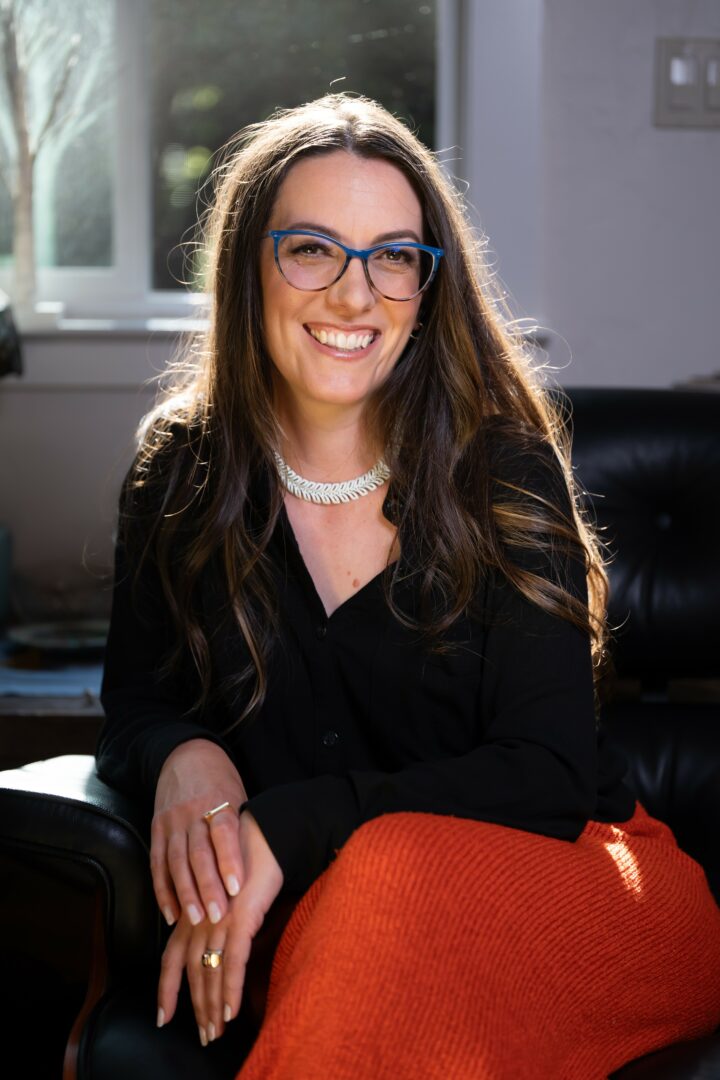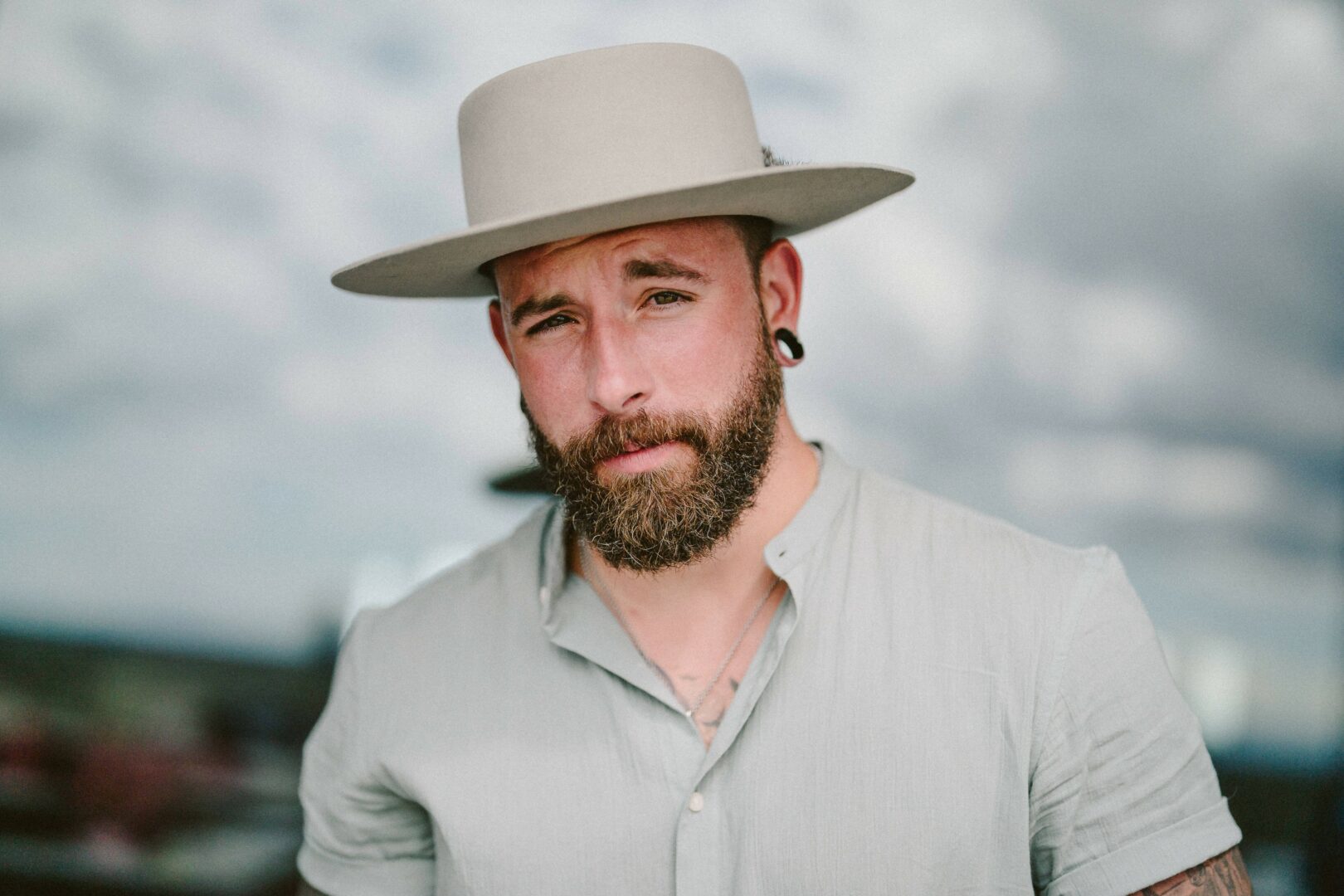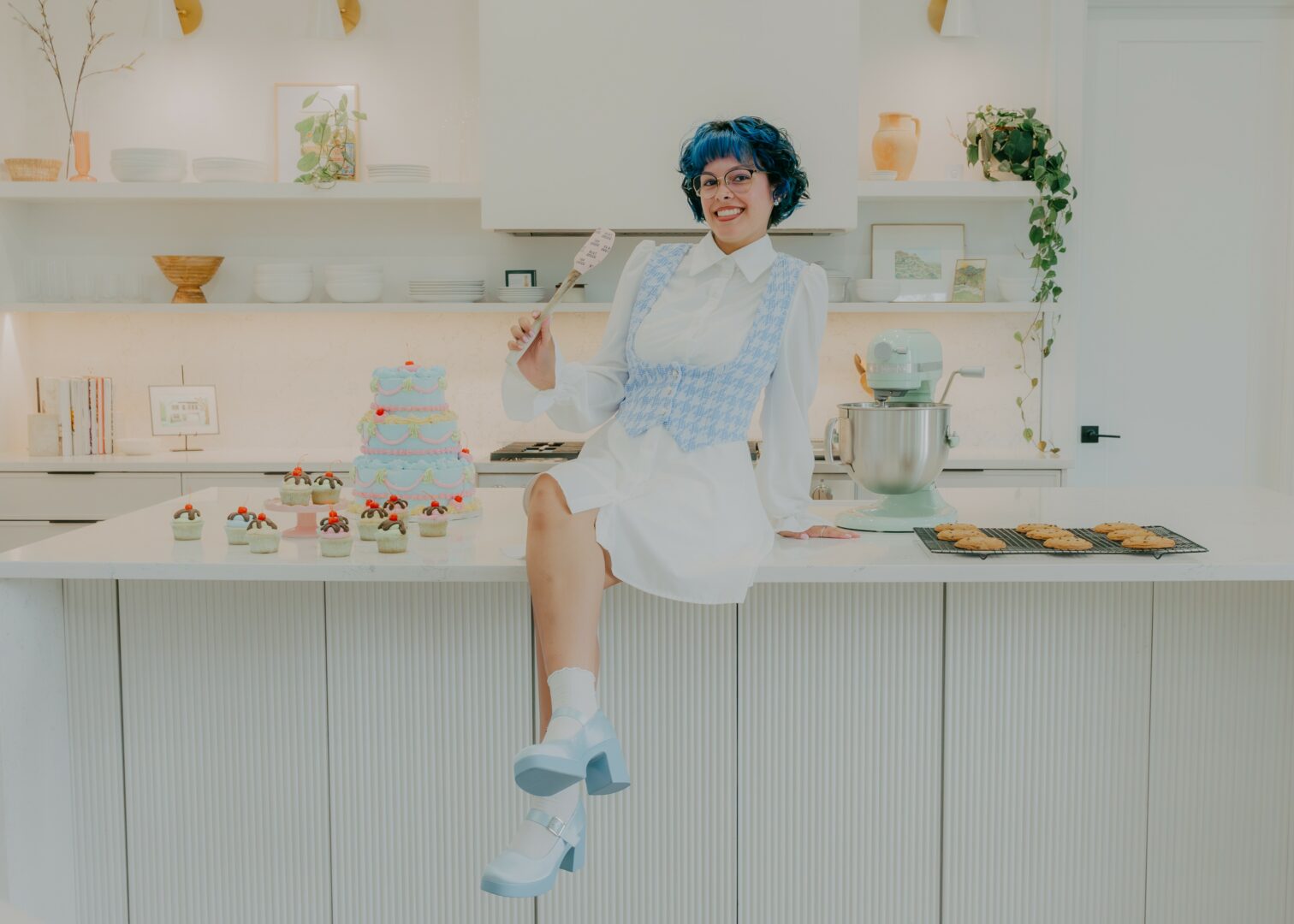Alright – so today we’ve got the honor of introducing you to Alex Ellison. We think you’ll enjoy our conversation, we’ve shared it below.
Alex, first a big thank you for taking the time to share your thoughts and insights with us today. I’m sure many of our readers will benefit from your wisdom, and one of the areas where we think your insight might be most helpful is related to imposter syndrome. Imposter syndrome is holding so many people back from reaching their true and highest potential and so we’d love to hear about your journey and how you overcame imposter syndrome.
It was already dark as we pulled into the parking lot for Parnassus Books, the beloved bookstore of the even more beloved author, Ann Patchett. The lights in the bookstore created a spotlight on tonight’s feature: a book I co-authored. Dozens of copies of the book were on display in the store’s window. I walked in, stupefied, with the other guests — all there for a book signing with my co-author, Betsy Wills, and me.
I felt the kind of pride and excitement I might feel for one of my sisters, not for me. Surely that name on the book couldn’t be mine; surely this event couldn’t be celebrating my work.
Who am I?
While I’d like to say my imposter syndrome has finally been cured after two books and 12 years as a business owner, the truth is that imposter syndrome requires lifelong management. Just when you think you’ve reached a state of belonging and acceptance in your field even – or especially – after an accomplishment earned or accolade given, this disease, like a monster in the closet, forces you back under the covers.
I’ve been sent into many tailspins throughout my career: a small mistake makes me think I’m out of my element, a big success makes me feel unworthy, an income bump makes me feel guilty, and negative feedback has me doubt my competence. As a business owner, I always feel vulnerable, but after I wrote a book, I felt even more exposed.
It’s easy to become paralyzed by the belief that I haven’t yet earned the right to be here — that I haven’t put in the hours, earned enough degrees, or received the invitation to do the thing I want to do.
Who am I?
I think this doubt would be impossible to work through without my faith, which reminds me that I am, indeed, small and in the scheme of things, but not insignificant. I’m no greater than anyone or anything else, but I’m also no smaller. And from this perspective, I can go out and do good work, knowing my time here is very brief and all I can hope to do in this life is share some of the gifts I possess.
Here’s a quote to serve as a good reminder:
“You are a child of the universe,
no less than the trees and the stars;
you have a right to be here.
And whether or not it is clear to you,
no doubt the universe is unfolding as it should.” – Max Ehrmann
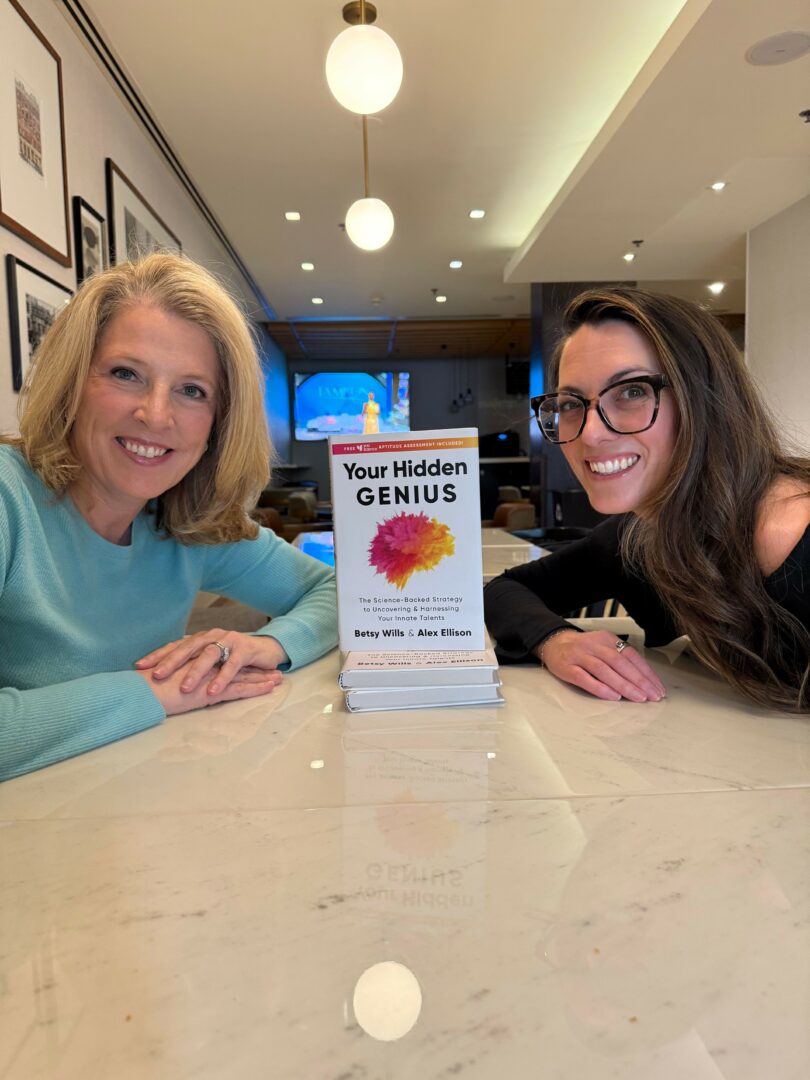
Thanks for sharing that. So, before we get any further into our conversation, can you tell our readers a bit about yourself and what you’re working on?
If you’d told me 20 years ago that I would run a business, I would have been disappointed in my future self. I was going to be a public servant – a politician, an educator, and FBI agent – someone who makes an impact. Entrepreneurs, I thought, started restaurant chains and gyms. Running a business was void of meaning and carried far too much risk.
But here’s how the story unfolded: I ended up minoring in business in college and, no surprise here, I hated it. I didn’t like the content, and I didn’t care for the students in those classes (they really did want to launch restaurant chains!). So I majored in German, taking lots of history classes along the way. One of those classes was called The History of the University. It should be noted that I took this class at an important cultural moment: during the great recession and some pretty intense university protests over exploding tuition. I, along with many others, was angry. At what exactly? The “system.” I was the first in my family to graduate from college, and I felt dooped.
I was hooked. I wanted to do something about what I thought was unadulterated fraud in higher ed. Initially, I thought I’d make an impact by becoming a professor. I got into a grad program at the University of Chicago, but upon visiting, I realized I wouldn’t move the needle much teaching German history (although no one should be able to leave school without understanding how the Nazis rose to power and how they used propaganda to do so, but I digress).
After a few right steps, missteps, and internal debates, I realized I may need to enter the private sector to work at my desired pace. I wanted to guide students who, like me, felt misguided. Being a professor – a sage on the stage – wasn’t in the cards for me. I wanted to be a guide on the side. I tapped into my dormant entrepreneurial nature and started a counseling practice. The year was 2013, and I was 25.
Here we are, 12 years later, and the solo practice has become a company, Throughline Guidance. We offer college and career guidance services to 15-25 year 25-year-olds. Everything we do starts with talent recognition; then, we help our clients play to their strengths in everything they do. I’m an evangelist for asset-driven (not deficit-driven) counseling. It’s why I co-authored Your Hidden Genius: The Science-Backed Strategy to Uncovering & Harnessing Your Innate Talents.
I suppose you could say that following my own talent thread led me to a surprising position that I had no idea existed 20 years ago: The enterprising public servant!
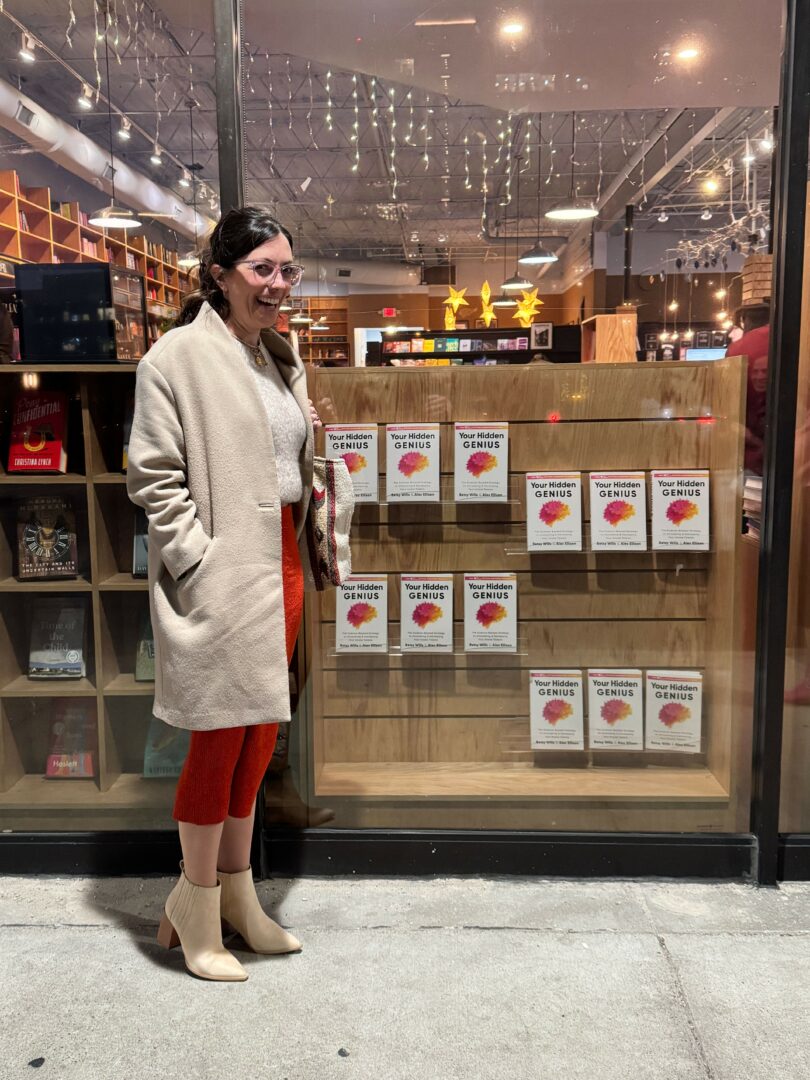
If you had to pick three qualities that are most important to develop, which three would you say matter most?
Imagination – The ability able to work toward future goals requires imagination. You have to be able to believe in things you can’t see — in things that don’t exist yet. I’m convinced (though I don’t have the research to back it up) that the longer you believe in things like the Easter Bunny and Santa Claus, the more likely you are to start a creative enterprise as an adult.
Stamina – it’s amazing how much more you have in you when you think your tank is empty; it’s equally amazing how much you can survive. So much of my life didn’t “pencil out” but here I am. Keep your head down and keep going.
Contentment in solitude – I’m an extrovert, so this one is hard. No one will tell you that entrepreneurship can be very lonely and isolating. People will wonder why you don’t just go for the safe job with benefits; they’ll call you irresponsible; they’ll stop asking you out to dinner after the 5th time you say no because you’re broke.
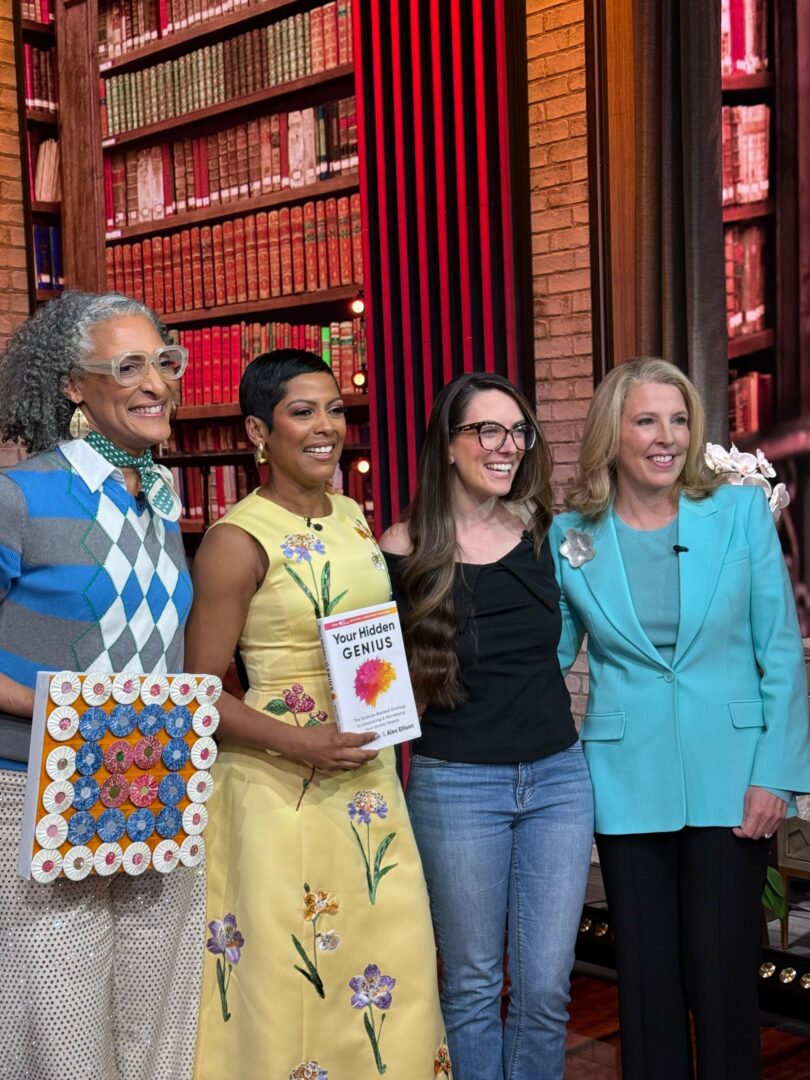
Do you think it’s better to go all in on our strengths or to try to be more well-rounded by investing effort on improving areas you aren’t as strong in?
Go all in on your strengths but don’t think you can get out of all the things that are hard for you either.
I think this might be a uniquely American thing, but we are obsessed with the notion of limitless opportunity and boundless growth. We can do anything, make any amount, and achieve any goal. These things can technically be true, but would you want them to be?
There are a lot of people out there campaigning hard for the grit + hard work + growth mindset = success equation. I have nothing against hard work, but I see too many people working hard for the wrong things and spending all their time pining for the gifts they don’t have, rather than celebrating the ones they do.
I have met so many young people who have been told the world is their oyster as long as they work hard and get good grades. But here’s the thing: getting good grades isn’t a talent or an aptitude. Grades reveal very little about our natural abilities. It’s why so many high-achieving students are completely lost, wondering where their oyster is.
I’ve also met many successful adults who, despite having a generous salary, have no idea what they’re actually good at. This becomes a problem if they’re laid off and need to rebrand themselves for another line of work. They don’t know how to package their abilities because they can’t even name them.
First, we all need to take stock of our natural talents – those aptitudes that make certain tasks a total joy – and then make note of the tasks that sap our energy. You’ll never be able to do only what you love and avoid all that bores or exhausts you, but the goal is to do more of the former and less of the latter.
Contact Info:
- Website: https://throughlineguidance.com
- Linkedin: https://www.linkedin.com/in/alex-ellison-88ba721a/
- Other: Substack: https://alexellison.substack.com/
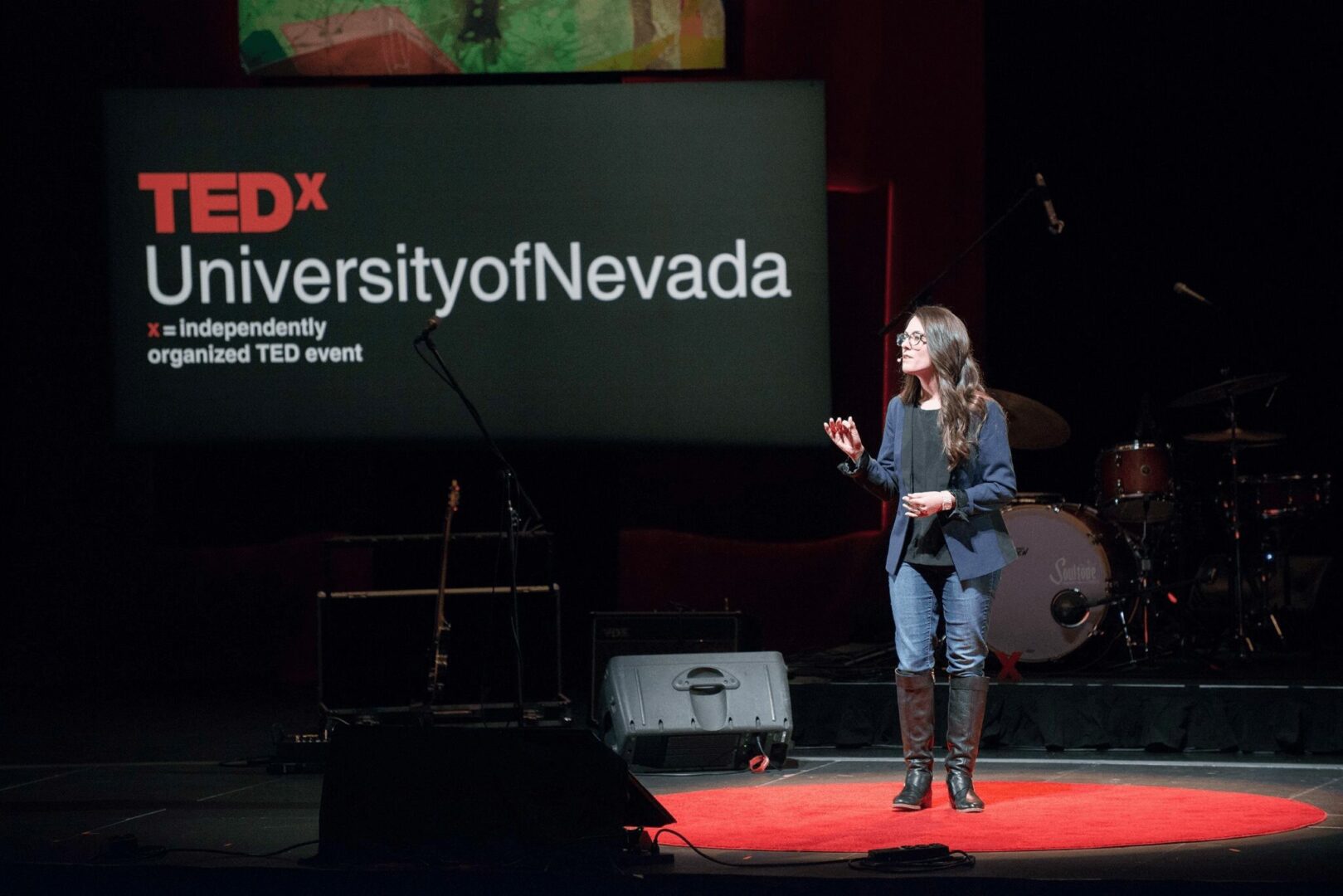
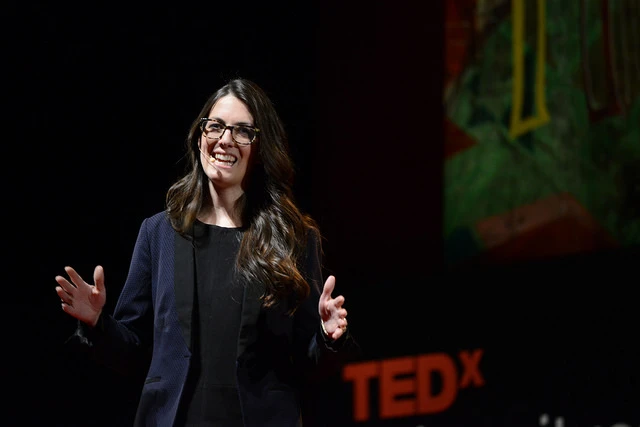
Image Credits
First headshot image credit: Bay Area Professional Photo
so if you or someone you know deserves recognition please let us know here.

